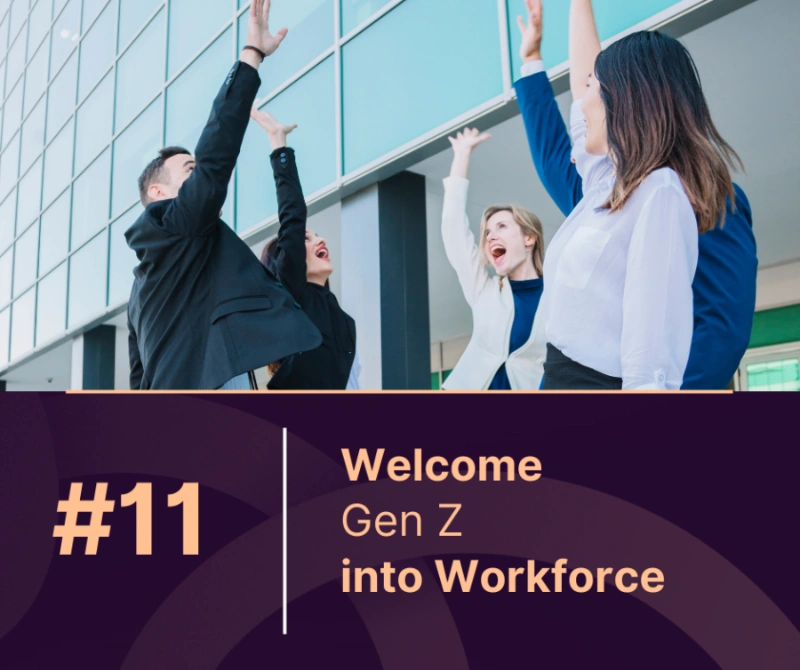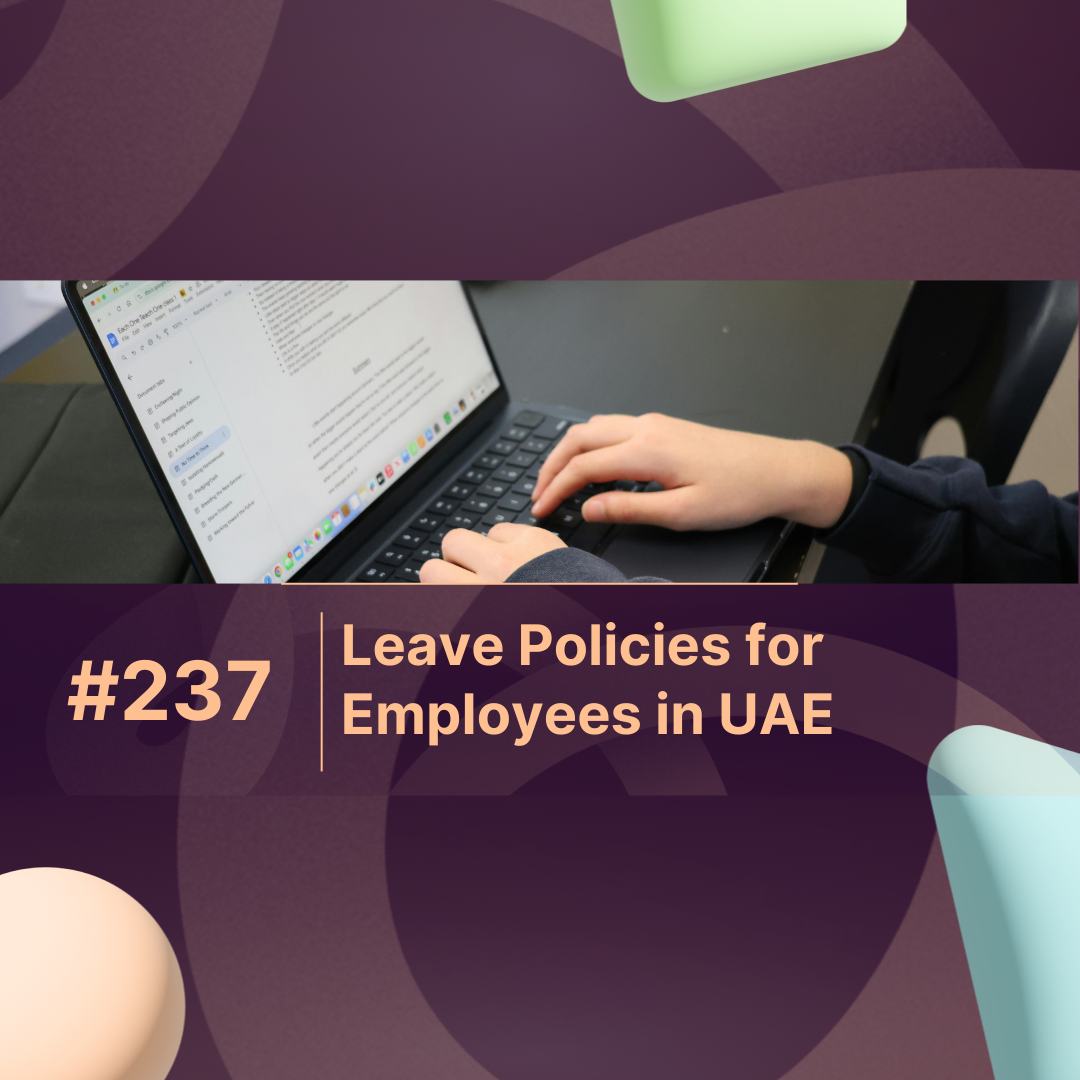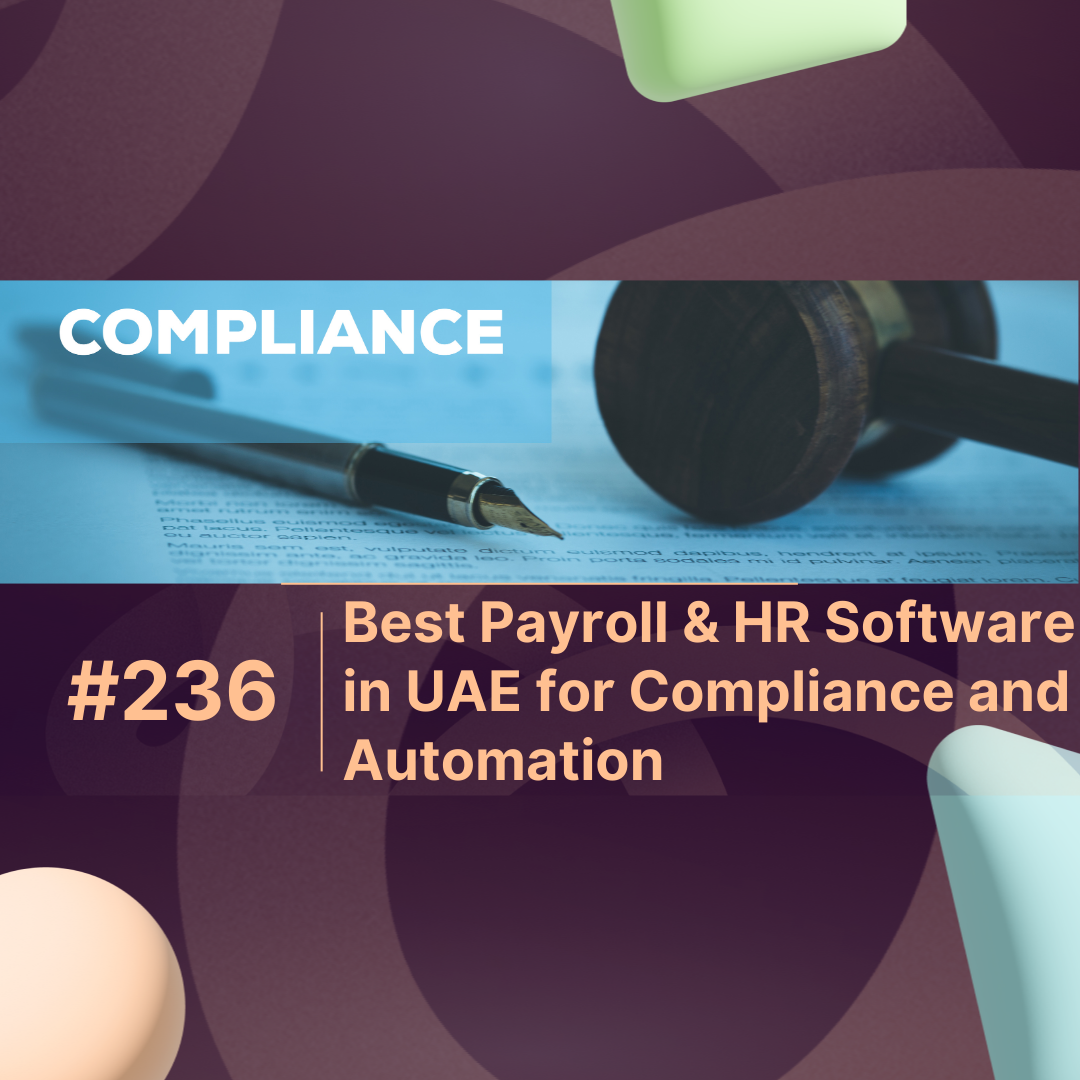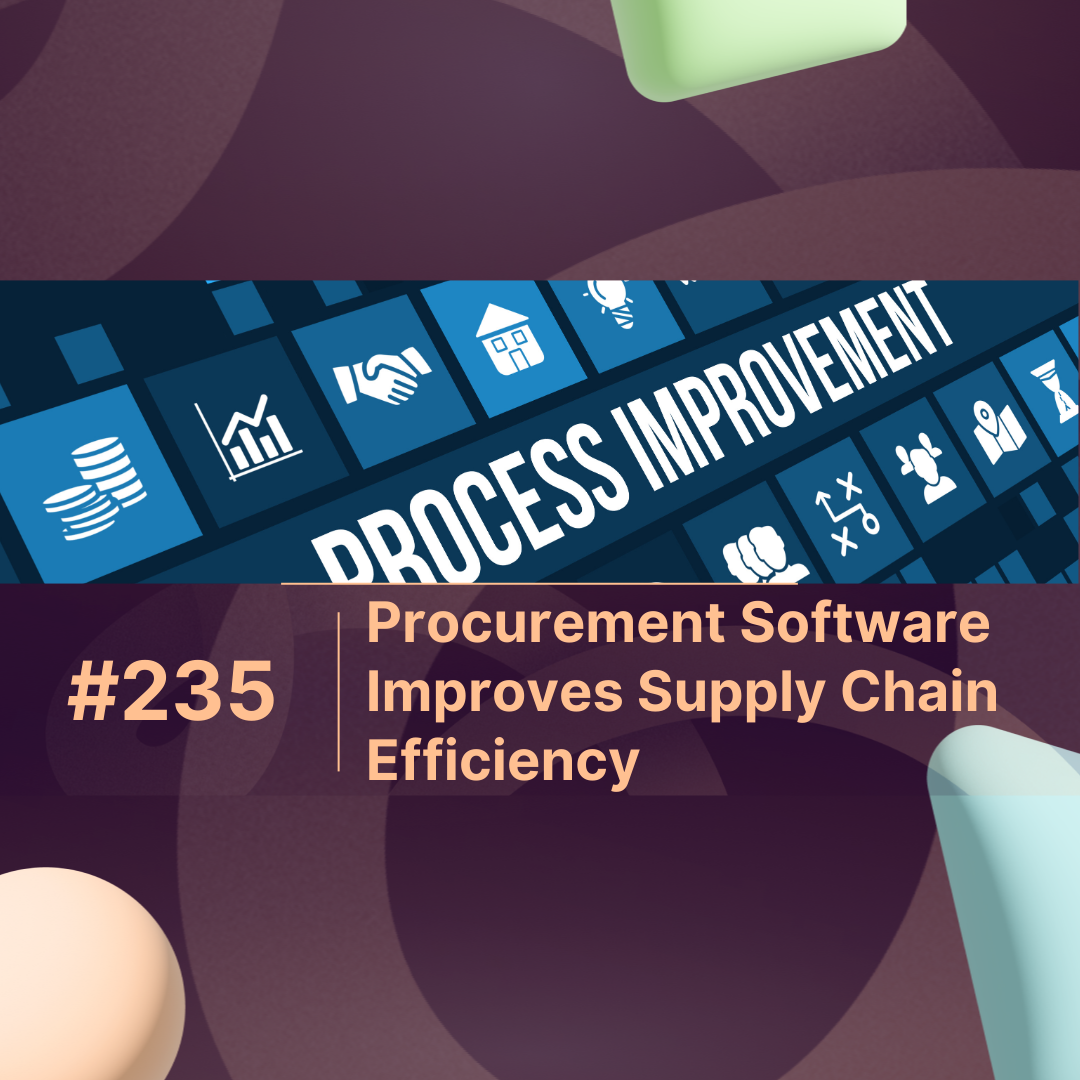The year 2025 marks a major generational shift in the global workforce. As Gen Z enters the workforce in large numbers, businesses across the UAE and beyond are rethinking their strategies for talent engagement, technology adoption, and workplace culture.
This article explores why welcoming Gen Z into the workforce is more than a generational change it’s a business opportunity. We’ll look at what makes this group unique, how they’re reshaping work environments, and why forward-thinking companies are adapting now to attract and retain them.
Who Is Gen Z?
Generation Z, often defined as those born between 1997 and 2012, is the first generation of true digital natives. They’ve grown up with smartphones, social media, and on-demand access to information.
In 2025, Gen Z will make up nearly 30% of the global workforce, according to a Deloitte report. In the UAE, this number is expected to rise even higher, as more young professionals enter the job market after completing university or global internships.
These employees are not just looking for jobs they’re seeking purpose, flexibility, and growth in everything they do.
Why Companies Should Welcome Gen Z into the Workforce
1. They Bring Fresh Digital Skills
Unlike previous generations, Gen Z workers are fluent in technology. They’re comfortable using AI tools, data platforms, and automation software from day one.
For organizations embracing digital transformation, hiring Gen Z talent means having a workforce ready to innovate, adapt, and optimize processes quickly.
Many HR teams are leveraging modern systems like MaxHR to connect digitally with these young employees — from onboarding to engagement ensuring the workplace experience aligns with Gen Z’s expectations.
2. They Value Diversity and Inclusion
Gen Z is the most diverse generation yet — and they expect their employers to reflect that.
According to a McKinsey study, 83% of Gen Z professionals consider a company’s diversity and inclusion initiatives when deciding where to work.
For UAE companies competing for top talent, creating inclusive environments isn’t optional it’s essential. Businesses that promote equality, multicultural collaboration, and flexible work cultures will be the ones that win Gen Z loyalty.
3. They Thrive in Flexible Work Environments
Work-life balance is a non-negotiable for Gen Z. Unlike previous generations who prioritized job stability, this cohort prefers flexible schedules, hybrid work models, and autonomy.
In fact, a 2025 PwC survey found that 72% of Gen Z employees would choose flexibility over a higher salary.
Smart organizations are adopting hybrid HR systems and digital tools that allow seamless time tracking, communication, and collaboration — helping bridge the gap between traditional workplaces and remote-first expectations.
4. They Prioritize Purpose and Growth
For Gen Z, work isn’t just about a paycheck — it’s about purpose. They’re drawn to companies that support social causes, sustainability, and personal development.
Incorporating clear growth paths, mentorship programs, and meaningful work helps organizations retain Gen Z employees longer.
Companies that align their mission with values Gen Z cares about — such as sustainability or digital innovation — will find these employees to be deeply motivated contributors.
5. They Drive Cultural and Creative Innovation
Welcoming Gen Z into the workforce means introducing new ideas, collaboration styles, and creativity into your business.
They value authenticity, transparency, and continuous learning. Their ability to question norms and think outside the box helps organizations stay innovative and future-ready.
By integrating Gen Z voices into decision-making, businesses can adapt faster to market changes and consumer expectations — both of which are increasingly influenced by Gen Z values.
How Gen Z Is Reshaping the Workplace (2025 Data)
| Key Trend | Gen Z Expectation | Business Impact | Adoption Rate (UAE 2025) |
|---|---|---|---|
| Flexible Work | Hybrid, remote options | Improves retention by 22% | 68% of companies offer hybrid roles |
| Tech Integration | Seamless digital tools | Boosts productivity by 30% | 72% use HR tech platforms |
| Diversity & Inclusion | Equal opportunities | Increases satisfaction by 40% | 65% with active D&I programs |
| Continuous Learning | Career growth paths | Enhances loyalty by 35% | 58% offer internal upskilling |
| Purpose-Driven Work | Sustainability focus | Builds stronger employer brand | 50% align with ESG goals |
(Source: Deloitte, PwC, McKinsey UAE Workforce Insights 2025)
Why Businesses Must Act Now
By 2025, Gen Z employees are no longer “future talent” — they are the present workforce. Businesses that fail to adapt will struggle with engagement, retention, and innovation.
Tools like MaxHR are helping organizations modernize their HR experience to attract and retain Gen Z from digital onboarding and flexible attendance tracking to AI-driven engagement analytics.
These platforms provide exactly what this generation values: transparency, technology, and trust.
Conclusion
Welcoming Gen Z into the workforce isn’t just about filling positions — it’s about preparing your company for the future.
This generation brings adaptability, tech fluency, and fresh energy that organizations need to thrive in a digital economy. By embracing their values — flexibility, inclusion, and purpose businesses can build stronger, more resilient teams.
In 2025 and beyond, the companies that invest in Gen Z’s growth will be the ones that lead the next decade of innovation.
FAQs About Gen Z into the Workforce
1. Why is Gen Z important to the workforce in 2025?
Gen Z represents the most tech-savvy and adaptable generation, bringing digital skills and innovative thinking to modern workplaces.
2. What motivates Gen Z employees the most?
Purpose-driven work, flexibility, diversity, and opportunities for continuous learning and growth.
3. How can businesses attract Gen Z talent?
Offer hybrid work models, use digital tools like MaxHR for a smooth employee experience, and promote transparent company values.
4. How does Gen Z differ from Millennials at work?
While Millennials value stability, Gen Z prioritizes flexibility, digital-first processes, and mission-driven employment.
5. What challenges do employers face with Gen Z?
Balancing flexibility with accountability, providing constant feedback, and maintaining engagement in hybrid work setups.



